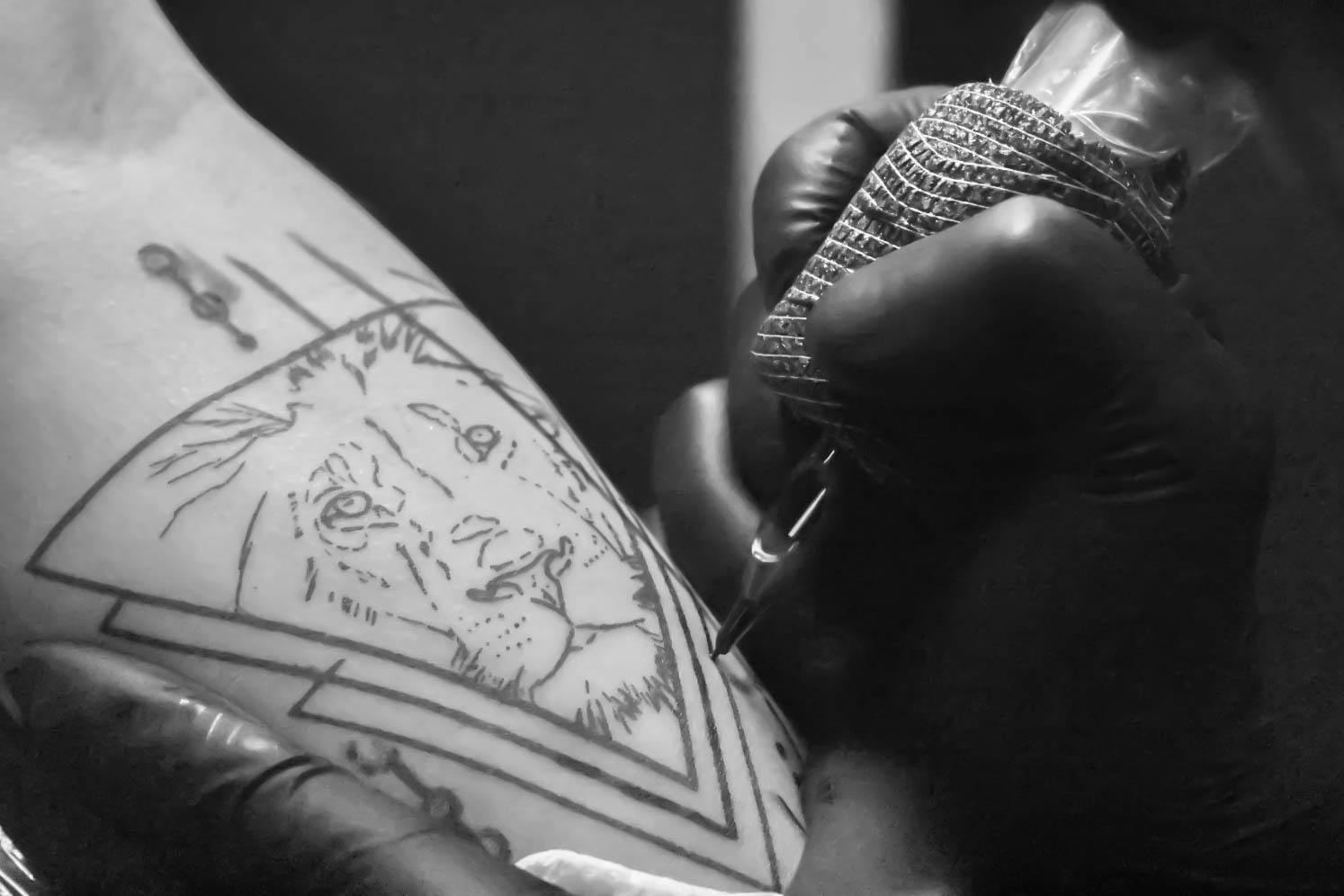While tattoos have become more accepted in the workplace, they pose an issue for front-line employees due to consumer perception and societal stigma.
When someone gets a tattoo, they have made a decision to permanently and artistically mark their body with a symbol. Tattoos are a prevalent form of self-expression, and tattoo popularity has grown 13 percent from 2007 according to STAPAW.
Even though employees should have the freedom of self-expression, tattoos can be a source of conflict for those that work face-to-face with consumers.
According to a study by Royal Roads University, keeping tattoos covered is a necessity for employees. Interviews with tattooed individuals revealed that when bosses, consumers and fellow employees learned about their tattoos, it resulted in uncomfortable situations.
The most extreme of these anecdotes included consumers that physically touched the employees, bosses that asked to see the tattoos and an overall essentializing of the tattooed employee’s identity as either “tattoo guy” or “tattoo girl.” Furthermore, stigma surrounding tattoos can lead to unwanted attention based on gender.
The same study by Royal Roads University also found that women with tattoos received sexual harassment due to assumptions made about their character. Women with tattoos were seen as less romantically desirable, but more sexually attractive — a perception that is reinforced by the use of derogatory language such as “tramp stamp.”
A different study by the Journal of Retailing and Customer Services corroborated the aforementioned difference in customer reaction to tattooed employees based on gender. While the perception of body art on employees was generally negative, the study also found intersectionality between gender-based and tattoo-based discrimination. Basically, the study determined that gender-based and tattoo-based discrimination compound each other.
Finally, the study by Royal Roads University also notes that there is a negative societal preconception of the types of people that would get tattoos. Once other employees learned of their tattoos despite their best efforts to hide them, interviewees said that they received responses such as, “I didn’t peg you as the type,” thereby implying that someone must have certain character traits to want a tattoo.
A study by the British Sociological Association showed how employers judge potential employees that have tattoos. Usually, the presence of tattoos had a negative effect on whether a person would be hired or not. While this prejudice among hiring managers was found to be diminished based on the type of job, the extent of tattooing and the location and content of the tattoos, it was primarily driven by how they assumed customers would perceive a tattooed employee.
Over time, tattoos in the United States have changed in their societal perception from signs of bad character to symbols of self-expression. Despite that progress, tattooed employees are still at-risk for discrimination, prejudice and harassment from their co-workers, bosses and those that perpetuate damaging stereotypes about tattoos.



